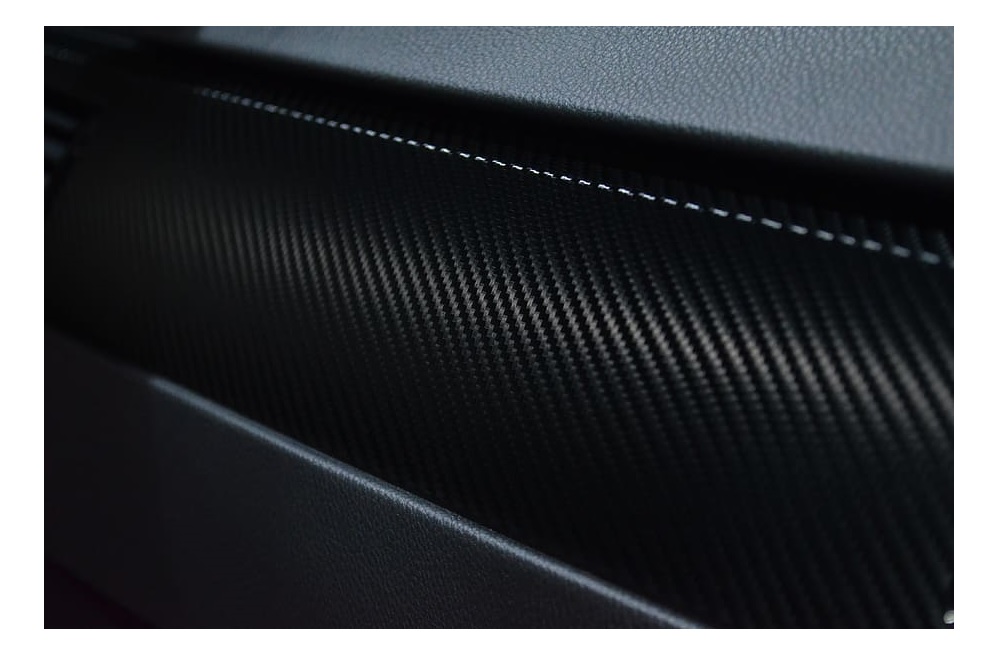Pyrum Innovations AG, a pioneer in the sustainable recycling of end-of-life tyres (ELT) based on its patented pyrolysis technology, has commissioned the first automated, semi-industrial recycling plant for carbon fibre-reinforced plastics (CFRP) after almost four years of development.
This is the first time CFRP has been holistically recycled worldwide. The plant is located at the main factory in Dillingen/Saar and will serve as the cornerstone for the construction of an industrial plant.
This opens up another promising market for Pyrum alongside the recycling of used tyres. Fibre-reinforced composites, which include CFRP, are used in a wide variety of areas, including the transport industry in the production of passenger cars and commercial vehicles, aviation and public transport. They are also used in construction and the electronics and electrical industries. Due to their diverse use, an acutely increasing waste problem has arisen in recent years. Holistic recycling in the sense of a complete material recovery of CFRP is not yet possible. Disposal currently takes place via waste incineration or landfill. Pyrum wants to make a decisive contribution to solving this problem in the future. Europe’s share of the CFRP world market, like America’s, is about 25%. Asia currently accounts for about half of the global CFRP volume.
Pascal Klein, CEO of Pyrum Innovations AG says; “Pyrum is committed to developing and promoting a sustainable and circular economy. In the future, we want to contribute to this not only through ELT recycling but also through the recycling of CFRP. The commissioning of the first automated, semi-industrial plant is a milestone for the recycling industry and an important step for us on our way to building the first industrial plant.”
At an ARTIS event back in 2018, the issue of recycling carbon fibre and glass fibre products was the subject of discussion as it was recognised as a growing area of concern for the waste sector. The blades for wind turbines all need to be recycled after their service life, and at that time, there was no route available for recycling. Pyrum’s experiment in this area could open nup a whole new recycling sector for the company.
The current Pyrum model has a capacity of 1 kg of CFRP per hour. In addition to the recovered fibres, the recycling process also produces pyrolysis oil, which Pyrum already sells profitably to the chemical industry when recycling ELT. The investment in the plant so far amounts to about EUR 170,000, a large part of which was subsidised by government grants. In addition to Pyrum Innovations AG, a number of other partners are involved in the project (“Infinity”) under the direction of the Fraunhofer Institute for Casting, Composite and Processing Technology (IGCV).v


















